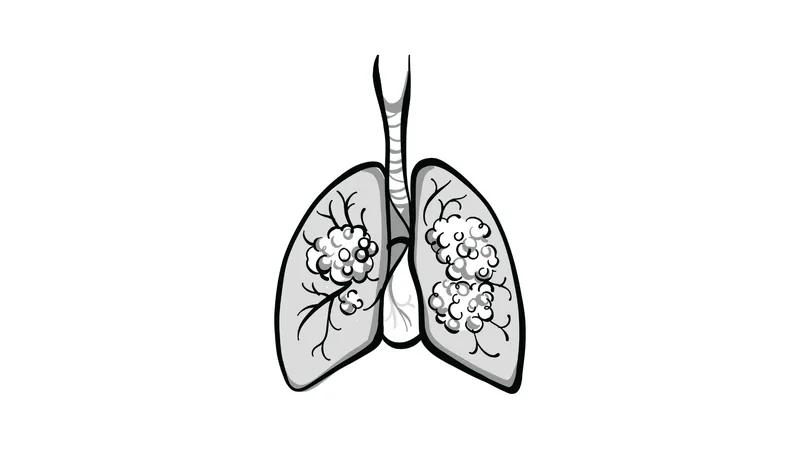
Unlocking the Secret: How Gut Microbes Supercharge Exercise’s Cancer-Busting Power
2025-07-10
Author: Mei
In a groundbreaking study from the University of Pittsburgh, researchers have unveiled an astonishing connection between exercise, the gut microbiome, and cancer—highlighting the potential for a revolutionary approach in immunotherapy.
Published in the prestigious journal Cell, this research marks a significant milestone, demonstrating for the first time how consistent physical activity can dramatically improve cancer outcomes in mice by reshaping their gut flora.
At the heart of this discovery is a compound known as formate, produced by gut bacteria in mice that exercise. Remarkably, elevated levels of this metabolite were also linked to more favorable outcomes in melanoma patients.
The study, led by microbiology and immunology graduate student Catherine Phelps, involved comparing two groups of mice: those who exercised regularly for four weeks and those that remained inactive. The results were eye-opening—exercised mice exhibited smaller tumors and significantly increased survival rates when exposed to aggressive melanoma.
However, the benefits vanished when researchers utilized germ-free mice or administered antibiotics that wiped out their gut bacteria, emphasizing the critical role of microbial metabolites.
Using cutting-edge machine learning tools, the team pinpointed formate as the hero in this scenario, acting not just as a byproduct but as a key player that boosts the power of CD8 T cells—the body’s primary cancer-fighting warriors. In various mouse models, daily oral doses of formate led to remarkable tumor growth inhibition and enhanced survival rates. Moreover, when combined with immune checkpoint inhibitors, formate significantly amplified their effectiveness.
Catherine Phelps expressed her excitement, stating, "Identifying a specific bacterial metabolite that mimics exercise effects in mice opens new therapeutic avenues. Formate could become a game-changer in enhancing the efficacy of immunotherapy for those who traditionally don’t respond to it.”
To bridge these findings to humans, the research team focused on advanced melanoma patients undergoing immune checkpoint therapy. They found that patients with higher levels of formate in their blood enjoyed significantly better progression-free survival compared to those with lower levels.
In a further analysis, when fecal microbial transplants (FMT) from high and low formate donors were administered to mice with aggressive melanoma, those receiving the high formate transplants showcased enhanced T cell activity and superior tumor control. This phenomenon highlights the potential of FMT as a therapy to amplify immunotherapy results in non-responders.
Despite the promise, the underlying reasons why certain ''super donor'' stools yield better outcomes remain elusive.
"We aim to uncover metabolic biomarkers to identify these FMT super donors, as it's currently a 'black box'," Phelps noted, emphasizing that the focus shouldn't solely be on the bacterial species present but also on the metabolites they produce.
Now, the research team is exploring whether the beneficial changes in the gut microbiome induced by exercise can extend to other diseases, like autoimmune disorders. They are diving deeper into understanding how exercise interacts with the microbiome in the first place, potentially opening the door to new therapies that harness the power of our gut bacteria.



 Brasil (PT)
Brasil (PT)
 Canada (EN)
Canada (EN)
 Chile (ES)
Chile (ES)
 Česko (CS)
Česko (CS)
 대한민국 (KO)
대한민국 (KO)
 España (ES)
España (ES)
 France (FR)
France (FR)
 Hong Kong (EN)
Hong Kong (EN)
 Italia (IT)
Italia (IT)
 日本 (JA)
日本 (JA)
 Magyarország (HU)
Magyarország (HU)
 Norge (NO)
Norge (NO)
 Polska (PL)
Polska (PL)
 Schweiz (DE)
Schweiz (DE)
 Singapore (EN)
Singapore (EN)
 Sverige (SV)
Sverige (SV)
 Suomi (FI)
Suomi (FI)
 Türkiye (TR)
Türkiye (TR)
 الإمارات العربية المتحدة (AR)
الإمارات العربية المتحدة (AR)